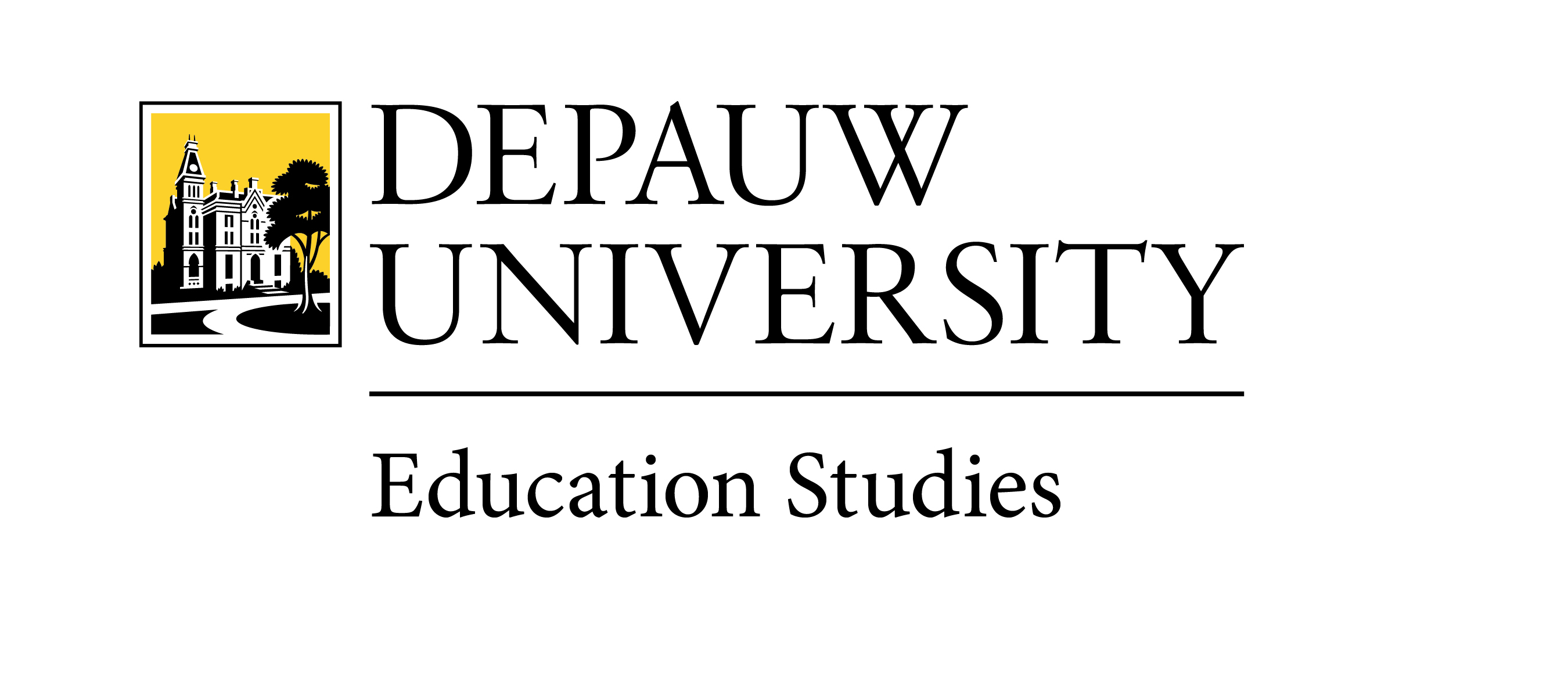Document Type
Chapter in a Book
Publication Date
8-2021
Abstract
In this chapter, we read the 2015-2016 #MustFall movement as an “event” in Badiou’s sense of the word. Employing Badiou’s (2005, 2013) interpretive scheme, we suggest that the #MustFall movement fractured the appearance of regularity of the South African higher education landscape to such an extent that it can be considered the kind of ‘event’ that Badiou defines as “something that brings to light a possibility that was invisible or even unthinkable. [It] is, in a certain way, merely a proposition. It proposes something to us” (Badiou, 2013:9-10). Reflecting on a long-term research project on ‘transformative student citizenship’ that started in 2011, we argue that the #MustFall movement’s contemporary emergence and forms of political action that disrupted the functioning of the social order can be perceived as a demand for ‘retreating’ rights. We suggest that the ‘event’ breaks with established power’s control over what should or should not be considered possible. While established power institutes and sustains this distinction through the use of state apparatus and capital, the ‘event’ extracts the possible from the impossible: “the ‘event’, for its part, will transform what has been declared impossible into a possibility” (Badiou, 2013:11). Though much work needs to be done within the realm of what is pragmatically possible, the case for a free, ‘decolonised’ higher education system has most certainly been snatched from the realm of the impossible. We tentatively explore what possibilities are proposed by #MustFall–TheEvent.
For this chapter, #MustFall–TheEvent will designate the protests prior, during and after the 2015-2016 student ‘uprising’. This ‘uprising’ nearly brought the country to a standstill and temporarily disrupted the appearance of social stability. Mainly peaceful, productive and unsettling, the protests were also accompanied by violence, damage to property, intimidation and bullying across a wide spectrum, and political opportunism and proprietary inclinations of all sorts. Our analysis here does not make any judgements in these regards, nor will it attempt to provide an explanatory historical interpretation. These matters are well-traversed in a large number of opinion pieces as well as substantial studies such as Free Fall: Why South African Universities are in a Race against Time (Ray, 2016) and Fees Must Fall: Student Revolt, Decolonisation and Governance in South Africa (Booysen, 2016). Instead, we make a modest attempt at formulating the possibilities that have been opened up by #MustFall–TheEvent. To do so, we briefly provide a context for positioning student politics and protests within broader societal processes. We then proceed to read the #MustFall movements as a Badioun ‘event’, followed by an exploration of #MustFall–TheEvent as an instance for ‘retreating’ rights. In conclusion, we contemplate the implications of our analysis for the discourse on social justice.
Recommended Citation
Keet, A., Nel, W., & Sattarzadeh, S.D. #MustFall–TheEvent: Rights, Student Activism and the Transformation of South African Universities. In: L. Lange, V. Reddy, & S.H. Kumalo (eds.), University on the Border: Crisis of Authority and Precarity. Stellenbosch: African Sun Media. https://doi.org/10.52779/9781991201355/03


